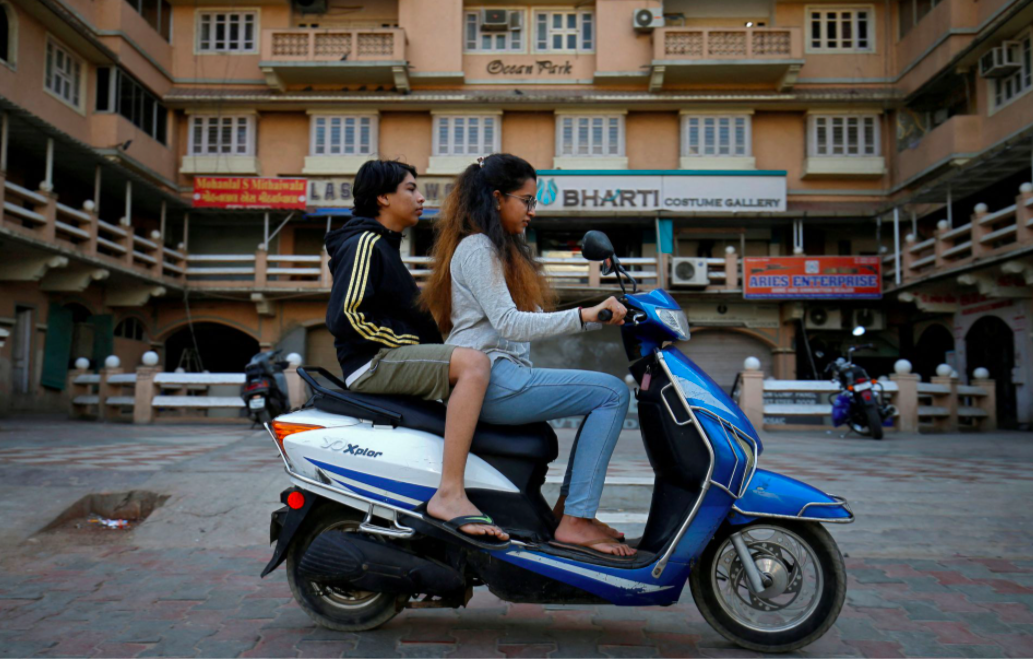By Aditi Shah
NEW DELHI, Jan 14 (Reuters) – Indian conglomerate Reliance Industries (RELI.NS), South Korea’s Hyundai Motor Co (005380.KS) and automaker Mahindra & Mahindra (MAHM.NS) are among companies that have submitted bids under the country’s $2.4 billion battery scheme, two sources told Reuters.
India last year finalised an incentive program to encourage companies to invest in the local manufacturing of batteries as it looks to establish a domestic supply chain for clean transport and build storage for renewable energy.
Friday is the last day to submit technical bids.
Softbank Group-backed (9984.T) Ola Electric, engineering conglomerate Larsen & Toubro (LART.NS) and battery makers Amara Raja (AMAR.NS) and Exide (EXID.NS) have also submitted bids, the sources said.
None of the companies named by the sources immediately responded to requests for comment.
India wants to establish a total of 50 gigawatt hours (Gwh) of battery storage capacity over five years, which it expects will attract direct investment of about $6 billion.
To qualify for the incentives, companies must set up at least 5 Gwh of storage capacity and meet certain local content conditions, all of which would require a minimum investment of more than $850 million.
Around 10 companies have submitted bids totalling close to 100 Gwh, the sources said.
India was also encouraging global companies such as Tesla Inc (TSLA.O), Samsung (005930.KS), LG Energy, Northvolt and Panasonic (6752.T) to invest. read more
The South Asian country wants electric cars to make up 30% of private car sales by 2030 and for electric motorcycles and scooters to make up 40% of such sales, driving demand for batteries which currently contribute about 35% to 40% of the total vehicle cost.











